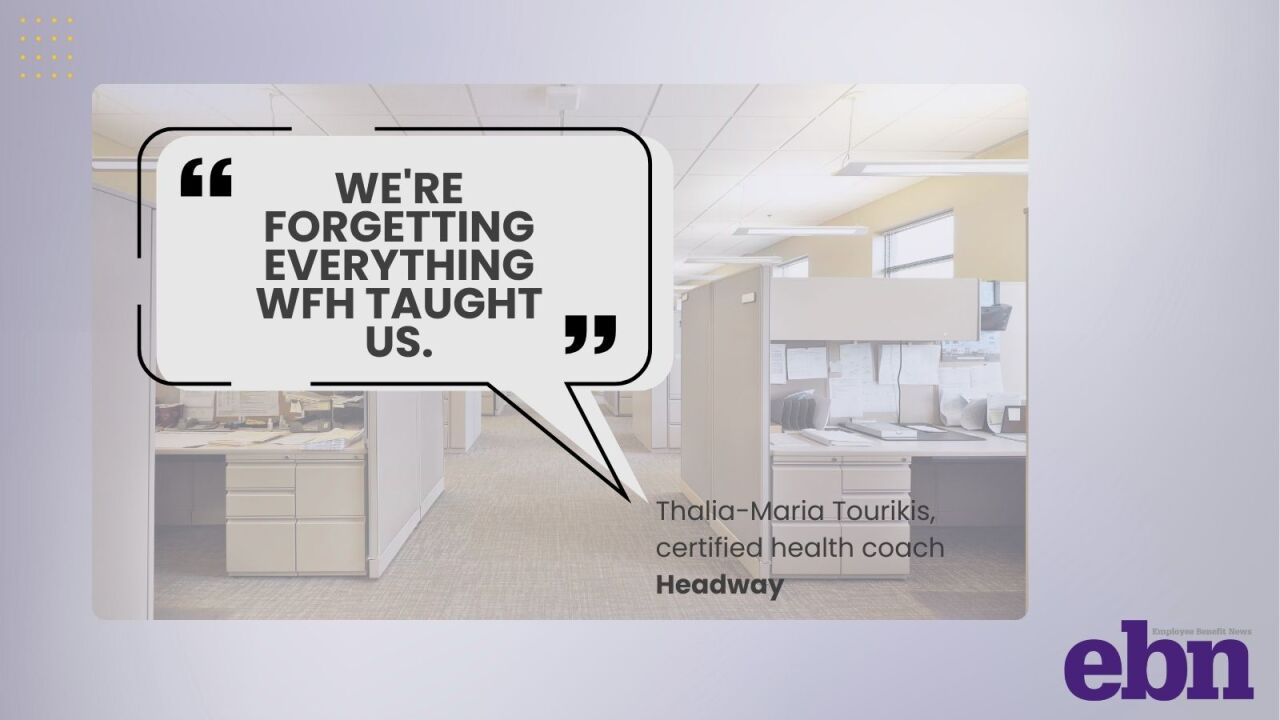Editor’s note: This is one of 10 employers chosen for Employee Benefit News’ Benefits Leadership awards, spotlighting companies who are taking a fresh approach to employee benefits.
Student loan debt has increasingly become a hot workplace topic. It’s no wonder: Student debt is a huge and growing problem in the U.S., with average student debt at an all-time high of over $37,000. With new workers entering the workforce with fresh debt — and older workers still under financial stress as they pay their loans — employers are beginning to see the toll the debt is taking and doing something about it.

One company leading the charge of student loan repayment benefits is professional services firm PwC, which this summer began helping nearly half of its 46,000 employees pay down their student loans.
The company will contribute $100 per month ($1,200 per year) for up to six years (a maximum of $7,200) to help nonmanagement employees pay down their student loans. PwC pays the money directly to its employees’ student loan servicer, the middlemen who collect payments.
See also:
Part of the motivation for offering the benefit was the demographic of the company’s workers — PwC is a millennial organization; the average age of its employees is about 28.
“Millennials tell us they’re living longer at home. They are delaying major life decisions like marriage and having children. They are putting off major purchases like cars. They’re not saving for retirement,” says PwC’s U.S. and global talent leader, Mike Fenlon.
See also:
Additionally, millennials often engage in “risky financial behavior,” Fenlon says, which includes overdrawing checking accounts, carrying credit card balances and heavy use of “alternate financial services,” like pawn shops, penny loans and tax refund advances.
Helping young employees with student loan debt is simply a good decision, Fenlon says. “Just as we have to innovate in business overall, we have to offer benefits that have the most value that will engage our employees.”





